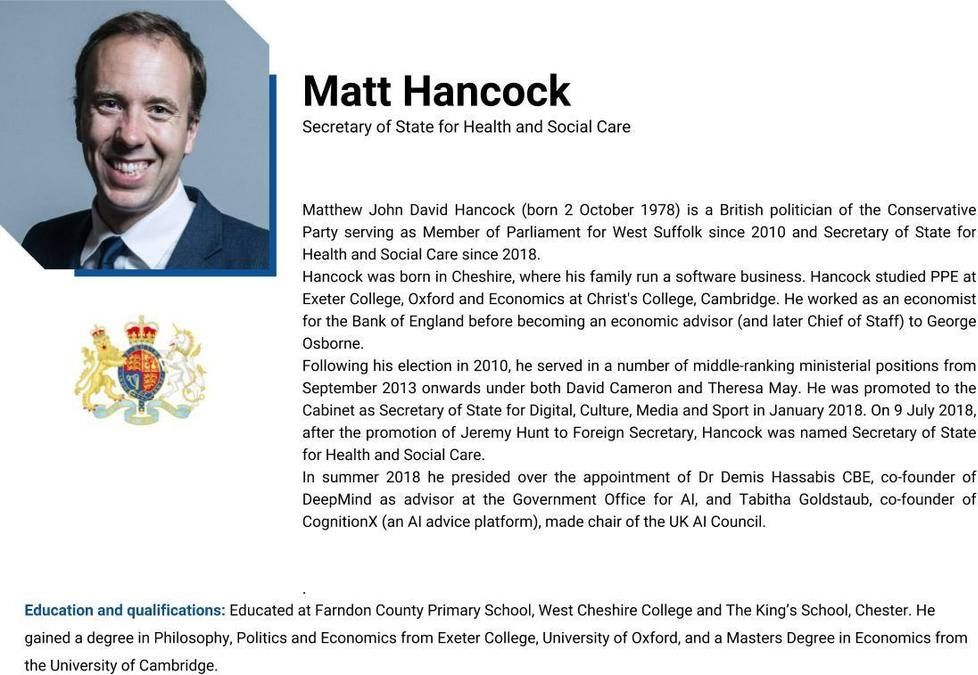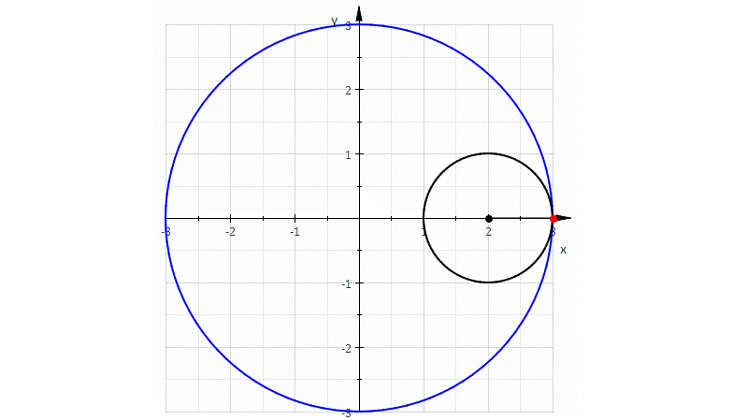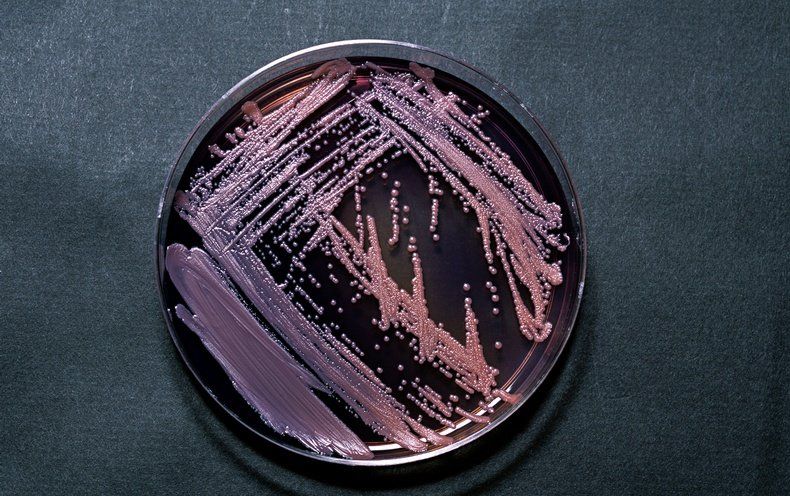A new blueprint from city transportation planners and engineers, who say it’s never too early to start thinking about the future.



This platform was applied for the first time in our newly released Longevity Industry in Singapore report, utilizing data on the companies, investors, research labs and non-profit organizations featured in the report.
Aging Analytics Agency is planning to implement a number of updates, additions and enhancement for this platform in the coming months, including interactive and filterable mindmaps, infographics and network diagrams illustrating connections and interactions within the global Longevity Industry, as well as additional features, to be introduced throughout 2019.
Link to Platform: http://mindmaps.aginganalytics.com/

In my 50s, too old to become a real expert, I have finally fallen in love with algebraic geometry. As the name suggests, this is the study of geometry using algebra. Around 1637, René Descartes laid the groundwork for this subject by taking a plane, mentally drawing a grid on it, as we now do with graph paper, and calling the coordinates x and y. We can write down an equation like x + y = 1, and there will be a curve consisting of points whose coordinates obey this equation. In this example, we get a circle!
It was a revolutionary idea at the time, because it let us systematically convert questions about geometry into questions about equations, which we can solve if we’re good enough at algebra. Some mathematicians spend their whole lives on this majestic subject. But I never really liked it much until recently—now that I’ve connected it to my interest in quantum physics.
If we can figure out how to reduce topology to algebra, it might help us formulate a theory of quantum gravity.


Forget government-issued food pyramids. Let an algorithm tell you how to eat.
Credit Credit Erik Blad




Just as most of the matter in the universe is thought to be “dark matter,” much of Earth is populated by a kind of microbial analogue: microorganisms that are known to exist but have never been grown in a laboratory.
A new study, published last September in mSystems, suggests such microbes could account for up to 81 percent of all bacterial genera that live outside the human body. These little-known organisms could hold the secrets to new tools for treating disease and could help us understand life in extreme environments, such as those on other planets.
